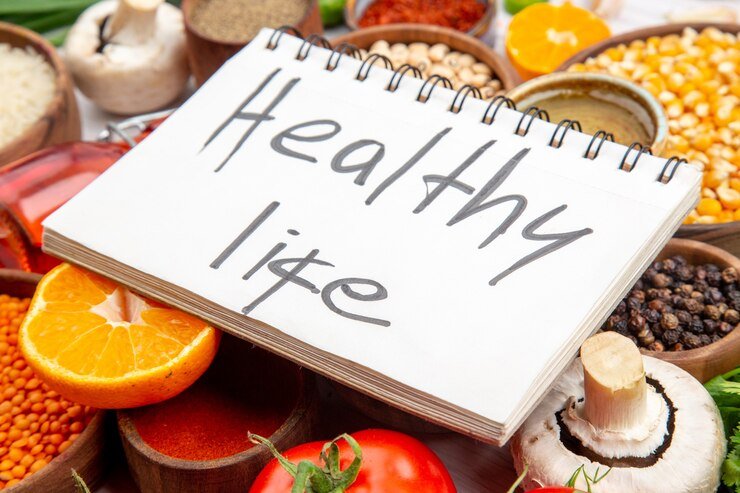In today’s information age, we’re bombarded with health advice – some helpful, some downright misleading. Separating fact from fiction can be tricky, especially with persistent health myths that get passed down or shared online. Let’s debunk some of the most common health myths to empower you to make informed choices about your well-being:
Myth #1: Cracking Your Knuckles Causes Arthritis:
This is a common childhood fear – that the satisfying “pop” of cracking your knuckles will lead to arthritis later in life. Thankfully, there’s no scientific evidence to support this. The sound is caused by gas bubbles bursting within the fluid surrounding your joints. While constantly cracking your knuckles might be annoying to those around you, it’s not linked to increased risk of arthritis.
Myth #2: Sugar Makes Kids Hyper:
Many parents believe sugary treats make their children hyperactive. While sugar does provide a quick energy boost, research suggests it doesn’t directly cause hyperactivity in most children. Factors like fatigue, lack of sleep, and behavioral issues can contribute to a child’s hyperactivity, and sugary treats might simply exacerbate existing issues.
Myth #3: You Get Sick from Being Cold:
The common cold is caused by viruses, not exposure to cold weather. Viruses are spread through contact with infected individuals or contaminated surfaces. However, cold weather can indirectly contribute to catching a cold. Cold temperatures can constrict blood vessels in the nose, potentially making it harder for the immune system to fight off viruses that have already entered the body.
Myth #4: Eating Fruit is Bad for Diabetics:
Fruit does contain natural sugars, but it’s also packed with essential vitamins, minerals, and fiber. The key is moderation and choosing fruits lower on the glycemic index, which means they cause a slower rise in blood sugar levels. Diabetics can enjoy fruit as part of a balanced diet, but it’s always best to discuss dietary plans with a healthcare professional.
Myth #5: Antiperspirants Cause Breast Cancer:
This myth has caused unnecessary anxiety for many. Antiperspirants work by blocking sweat glands, while deodorants mask body odor. There’s no scientific evidence to suggest that the aluminum compounds commonly found in antiperspirants cause breast cancer.
![]()
Myth #6: Green Mucus Means a Sinus Infection:
The color of mucus doesn’t necessarily indicate the severity of an illness. Mucus naturally comes in various shades, from clear to yellow to greenish. Green mucus can be present with both a common cold and a sinus infection, but other symptoms like facial pain, fever, and congestion might help differentiate the two.
Myth #7: Reading in Dim Light Damages Your Eyes:
While reading in very dim light might cause temporary eye strain, there’s no evidence it permanently damages your vision. However, proper lighting can certainly make reading more comfortable and prevent eye fatigue.
Myth #8: You Need 8 Glasses of Water a Day:
The oft-repeated “eight glasses of water a day” rule is a generalization. Your individual hydration needs depend on various factors like activity level, climate, and overall health. The best approach is to listen to your body and drink fluids throughout the day, especially when thirsty.
Myth #9: Detox Diets Cleanse Your Body of Toxins:
Our bodies have efficient mechanisms for eliminating toxins – the liver, kidneys, and digestive system. While certain detox diets might promote weight loss in the short term, they’re often restrictive and unsustainable. Focusing on a balanced diet that incorporates plenty of fruits, vegetables, and whole grains is a more effective way to support your body’s natural detoxification process.
Myth #10: Eating Eggs Raises Your Cholesterol:
Eggs were once demonized for their cholesterol content. However, recent research suggests that for most healthy individuals, moderate egg consumption (up to an egg a day) doesn’t significantly impact blood cholesterol levels. It’s the saturated and trans fats often found in processed foods that have a greater impact on cholesterol.
Conclusion
By being aware of these common health myths, you can make informed choices about your well-being. When in doubt, consult your doctor or a registered dietitian for personalized advice based on your individual health needs. Remember, credible healthcare professionals are your best resource for navigating the ever-evolving world of health information.





